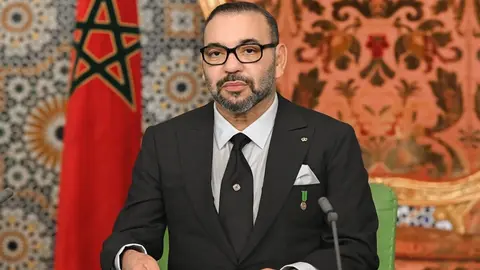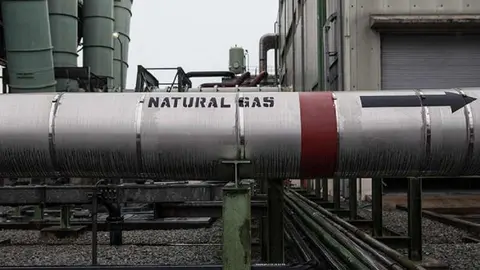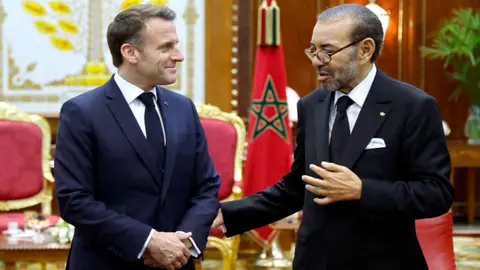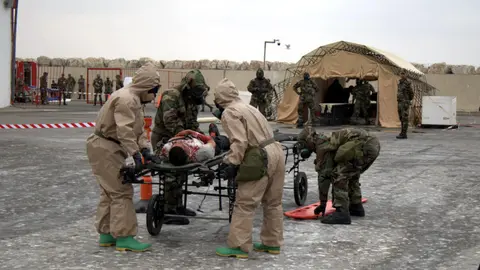Is Morocco's Atlantic Frontier the perfect opportunity for the United States to consolidate its position in Africa?
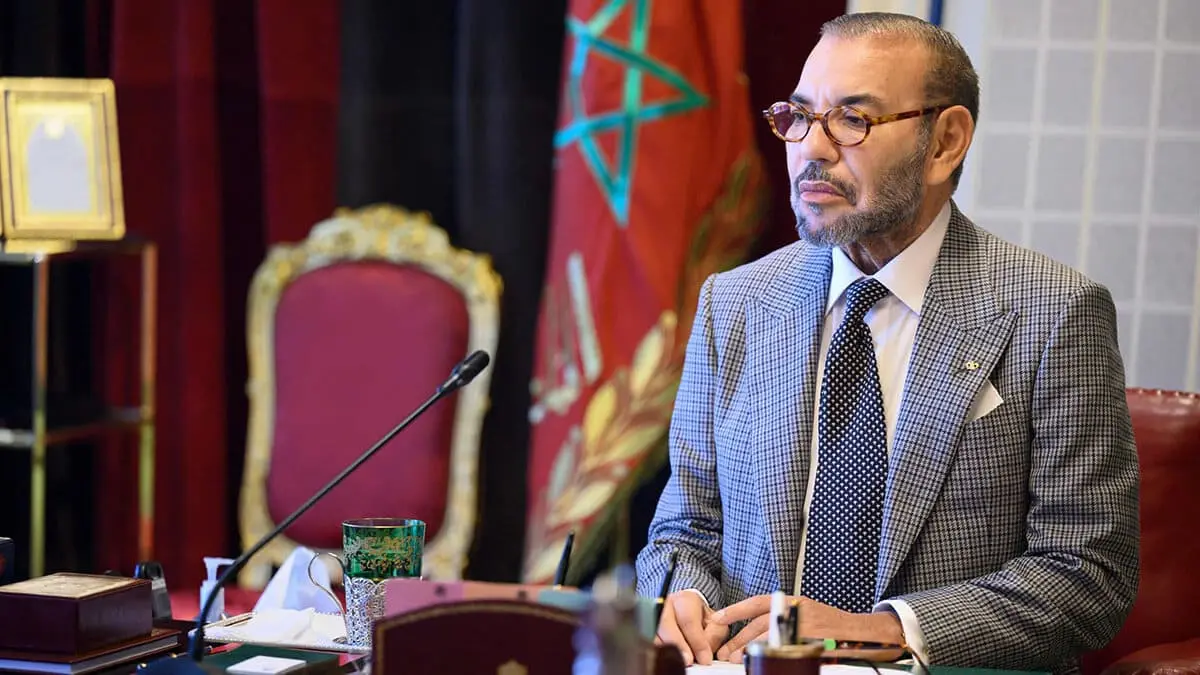
- Africa in US policy
- Energy transition and sustainable energy
- Food security
- Strengthening Atlantic maritime and energy security
Morocco is the United States' ally par excellence on the continent due to its free trade agreements and strategic geographic location. Moreover, the two states' approaches to development are remarkably similar, especially in the energy and security spheres.
The US is in pursuit of strengthening stability globally and in Africa. Supporting Morocco's King Mohammed VI's Atlantic Frontier Initiative would open up new lines of trade for Washington. Avoiding the bipolarisation of the world, as happened in the Cold War era, is one of the priorities that could lead the future Trump administration to endorse the Atlantic Façade.
Africa in US policy
Although Africa has historically played a secondary role in US foreign policy, the growing influence and good relations with Morocco could make the US a more than crucial actor in addressing the challenges of the future: the energy transition and the promotion of renewable energies.
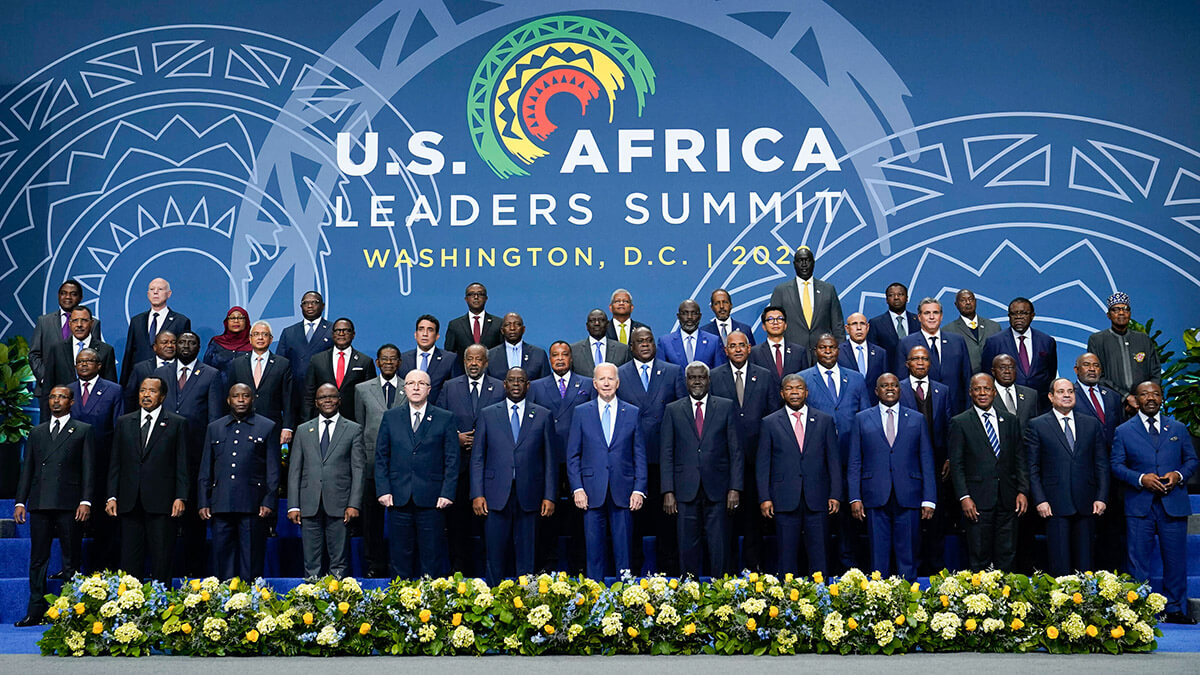
Africa is no longer just a supplier of raw materials but has become a powerhouse with essential resources. For example, the Democratic Republic of Congo has about 70 per cent of the world's reserves of cobalt, which is essential for rechargeable batteries; Zimbabwe has large deposits of lithium; and South Africa is a major producer of platinum and palladium, vital for emission-reducing technologies.
The Alawite administration has stressed that the more Africa develops, the better it will be for the rest of the planet, since from 2050 onwards, half of all children under 25 will be of African origin.
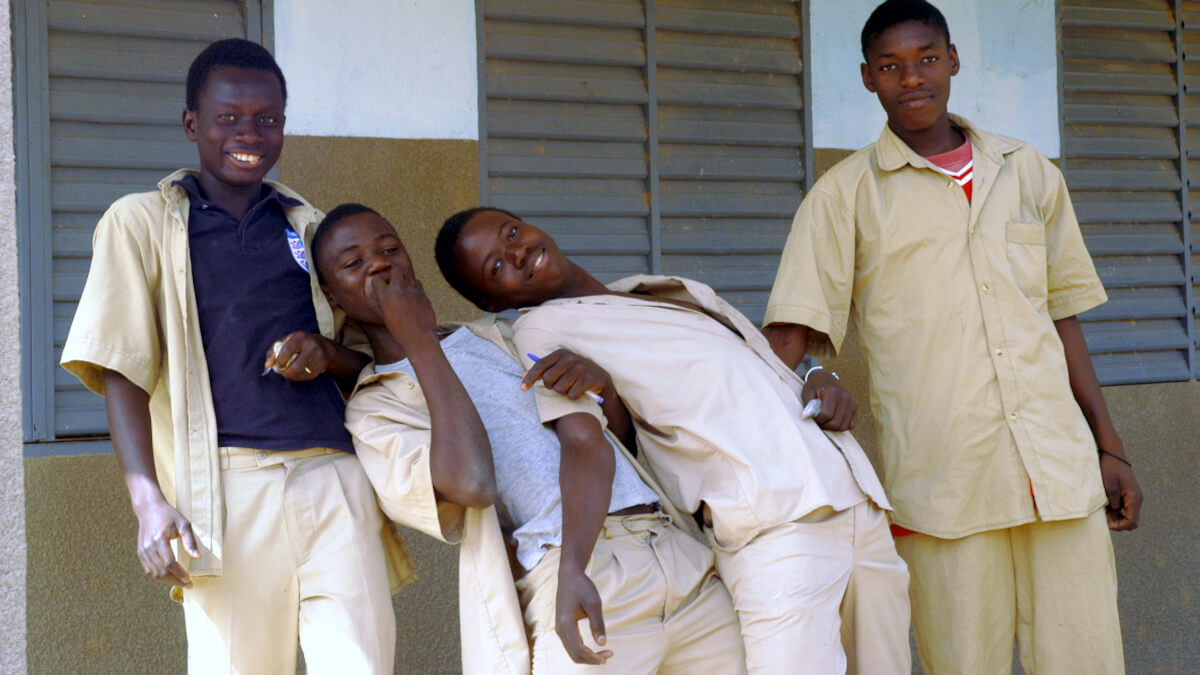
Energy transition and sustainable energy
To this end, Morocco is proposing a strategy of economic unification in the Afro-Atlantic corridor, where the Nigeria-Morocco gas pipeline project stands out above the rest. This plan aims to connect the 14 countries along the African coast and improve energy and trade integration in the region.
Morocco is also leading other projects related to green energy, the production of green hydrogen and ammonia. However, to achieve these goals, the United States, hand in hand with Morocco, will need to harness critical resources for the global energy transition. Alignment with the Moroccan vision can revitalise US-Africa policy by grounding it in local dynamics and African aspirations.

This project not only fosters sustainable economic growth, but also enhances regional collaboration, positioning Africa's Atlantic coast as a key area for energy, trade, investment, and maritime security.
Food security
In addition to the energy transition, food security is one of the significant issues facing the brown continent. The importance of agriculture is crucial as 25% of the continent's jobs are directly or indirectly related to the agricultural sector.
This is where the ‘Triple A’ (Adaptation of African Agriculture) policy comes into play. This plan, proposed by Mohammed VI and the Moroccan government, is based on offers and investments that support and help, through resilient practices, to improve the continent's agricultural systems.

The goal is to create an Africa-Atlantic corridor that is flexible and integrated, supporting local economies while connecting to global supply chains. For the US, especially under the Trump administration, alignment with this Moroccan vision would revitalise US-Africa policy by grounding it in local dynamics and African aspirations.
Strengthening Atlantic maritime and energy security
In security matters, the US and Morocco have bilateral relations that date back to the signing of the 1786 Treaty of Peace and Friendship between Morocco and the United States, which remains in force today and symbolises the perfect harmony that exists between the two powers. This linkage could help Washington counter the forces of allied powers such as China, Africa's largest trading partner, and Russia on the African continent.
Security and danger in Africa are not only concentrated in the Sahel region. Constant threats in the Red Sea, insurgencies in northern Mozambique or in the Gulf of Guinea are degenerating into the need for the US to develop a strategy tailored to local dynamics to address these problems.

